In this week's round-up of automotive gossip, we talk electric van benfits with Ford, business plans with Gordon Murray, the Chinese car market with PSA and more.
Transit could help us breathe easier
Ford claims that if every Transit van sold last year was a fully electric E-Transit, there would be 30 million fewer metric tonnes of CO2 emitted into the atmosphere. That’s a striking figure, although it doesn’t take into account any CO2 emitted during the electricity generation process.
No chasing volume for Gordon Murray
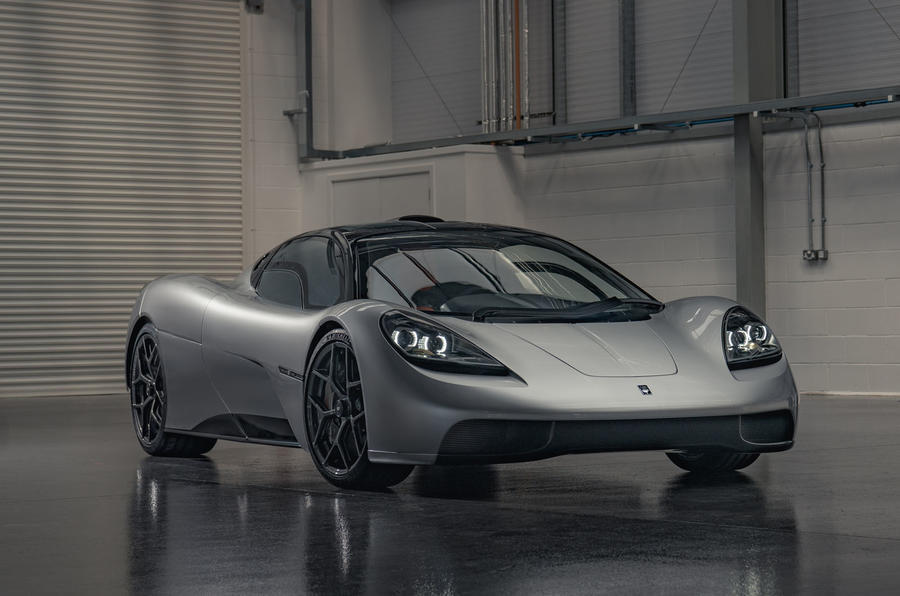
Gordon Murray is adamant that his nascent supercar brand will buck wider industry trends by not targeting expansion. “Whatever we do, we will not chase volume,” he insisted. “We will not do what other supercar manufacturers do. We’re going to be the ‘100-car company’.” Drawing inspiration from his experience launching the McLaren F1 in 1992, Murray added: “Once you chase volume, you have a risk that you’ll lose the close connection and the journey with the customer.”
PSA's China problem
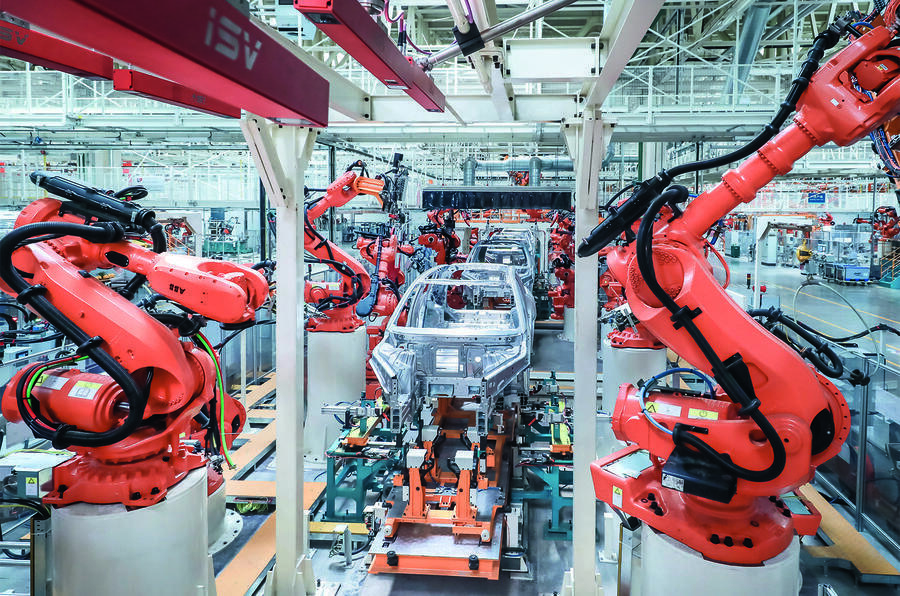
China was once the PSA Group’s largest market and it sold more than 700,000 vehicles there in 2014. But in 2019, the group shifted about 119,000 cars in the country, and this year it is likely to be fewer than 50,000. Sales for 2020 through to September were 31,239, 64% lower than the same period in 2019.
Dacia success not just down to price
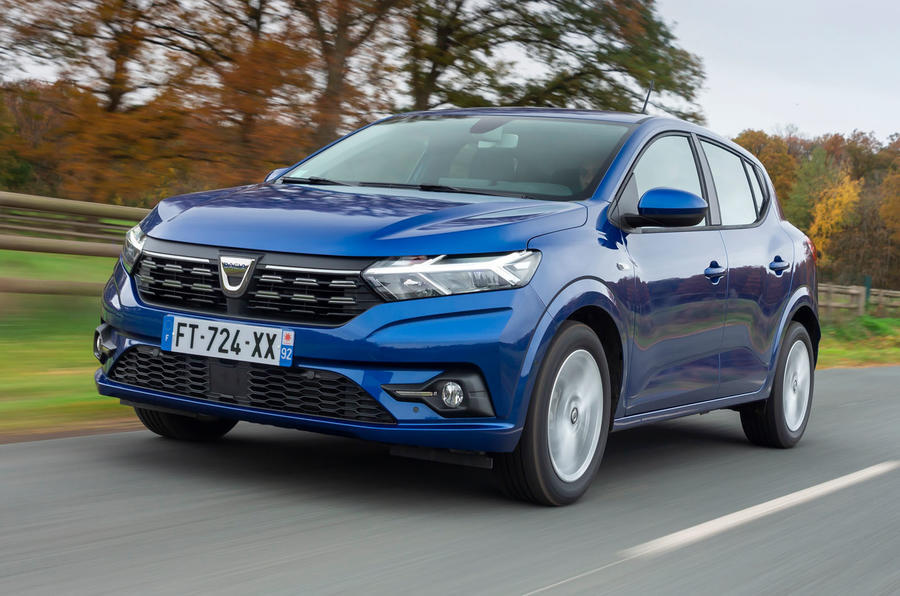

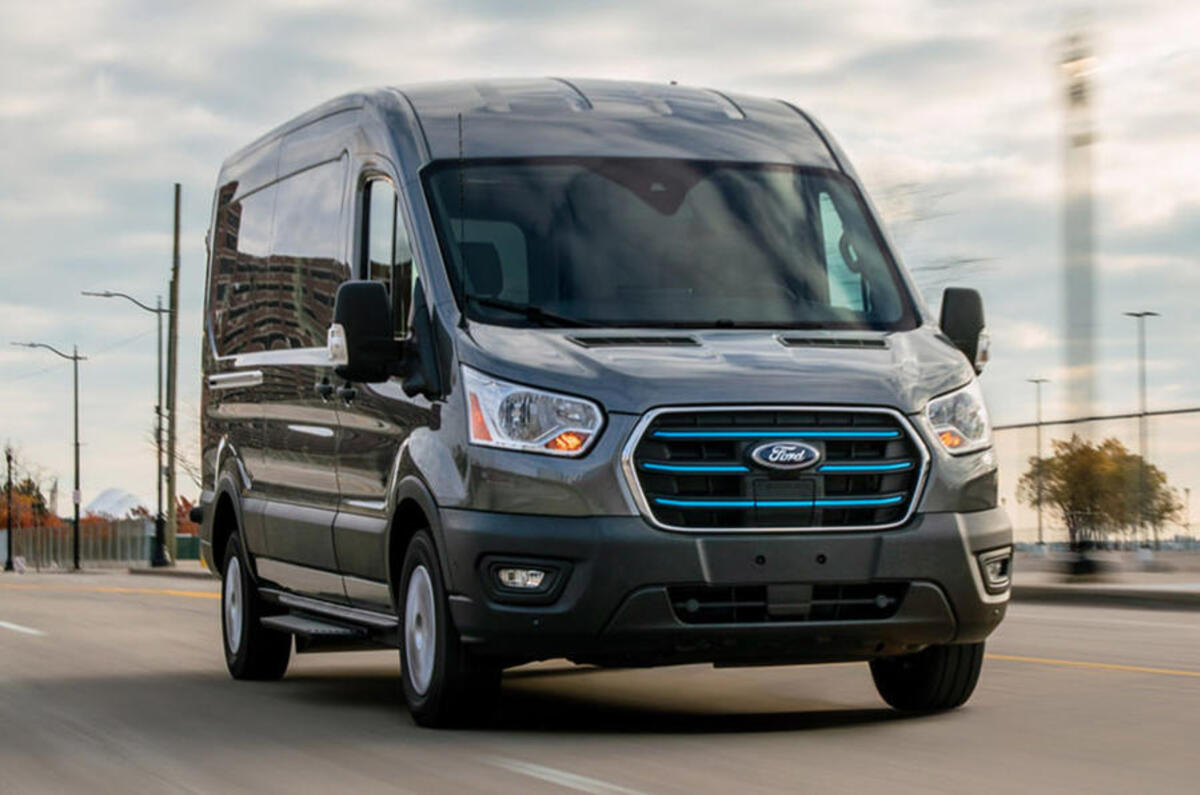
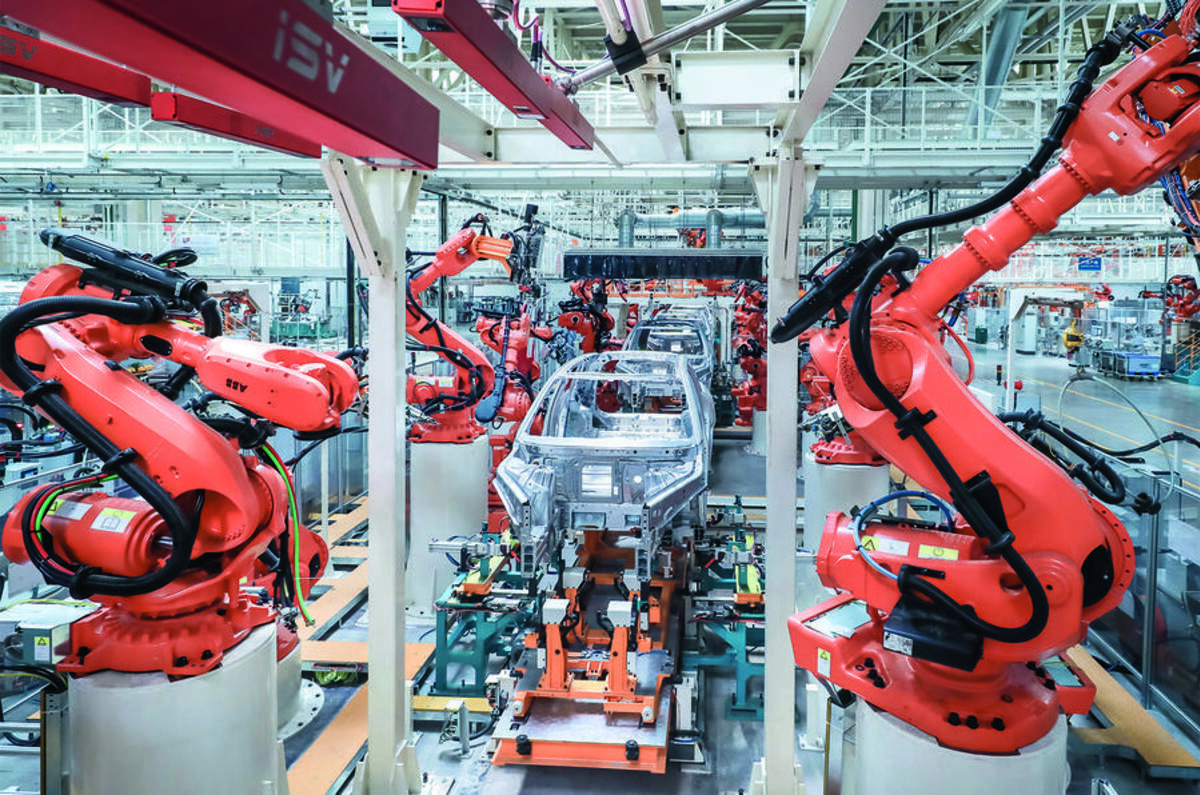
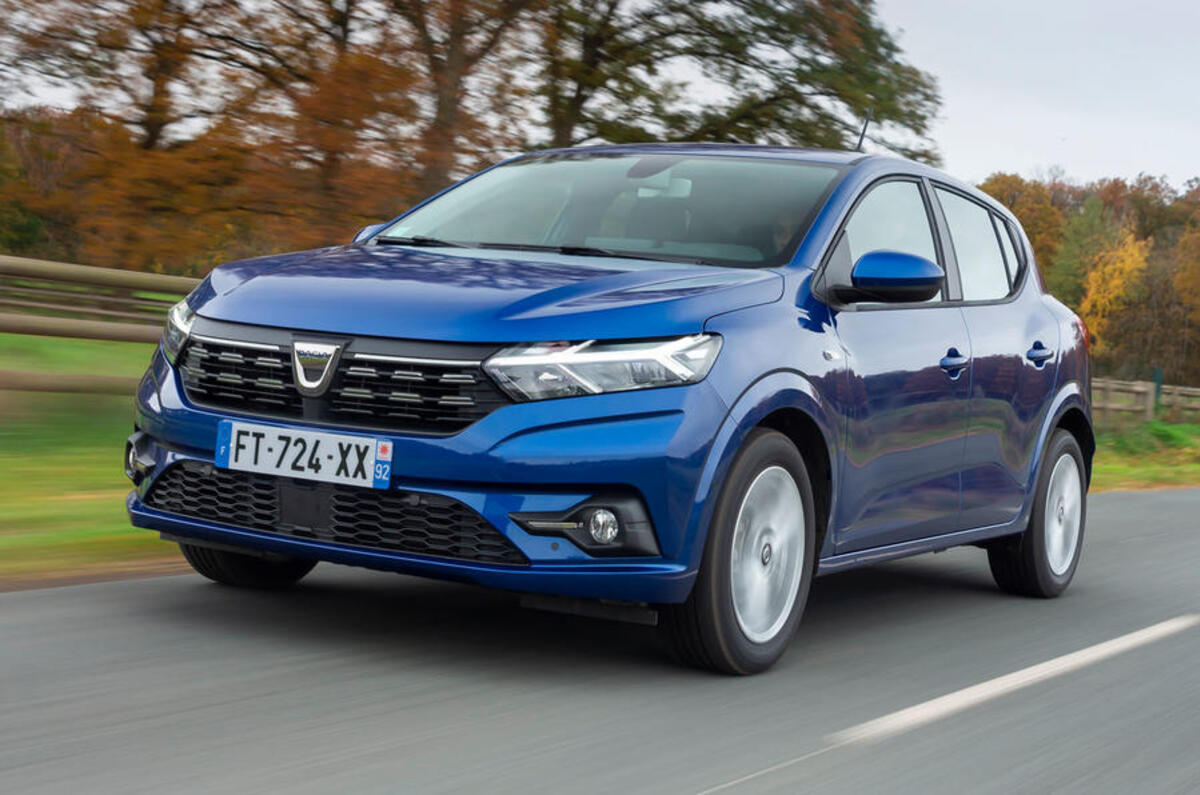

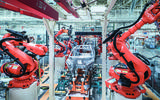



Join the debate
Add your comment
Whats the point of ford telling us what effect an electric transit would have had last year when they dont even sell one this year, or next year for that matter.
That is true, although equally emissions of ICE models don’t take into account that emitted during the mining, refining or transporting processes, which are huge, oil refineries are always located next to large (sometimes dedicated) power stations.
Please don’t be disingenuous with your comments Autocar.
True, but at the moment, most countries still utilise a relatively low amount of renewable energy sources, so the CO2 per kWh is still nowhere near 0g. Plus, it's generally well-known that EVs tend to consume more resources/emit more emissions during the production process than ICE models.
Is near enough 0g in Norway, and decreasing in just about every country in the world